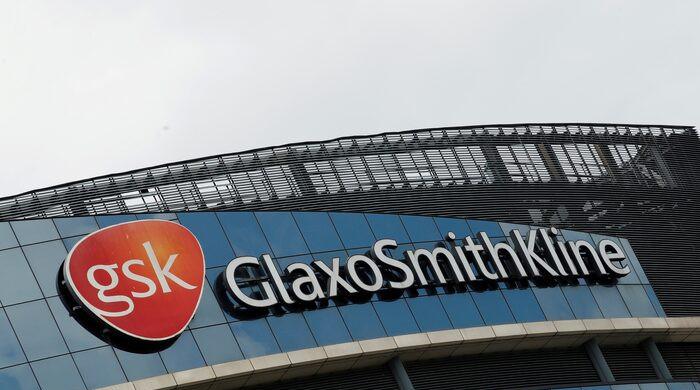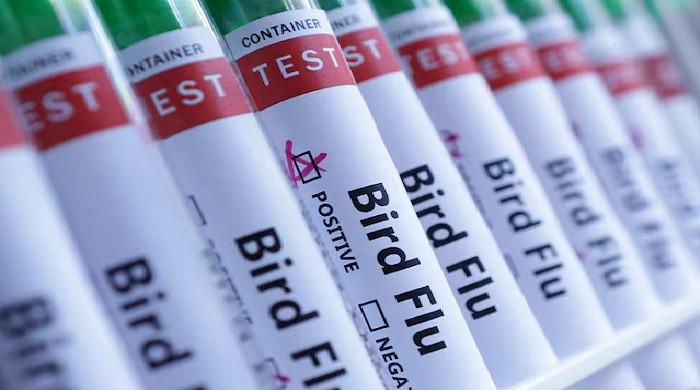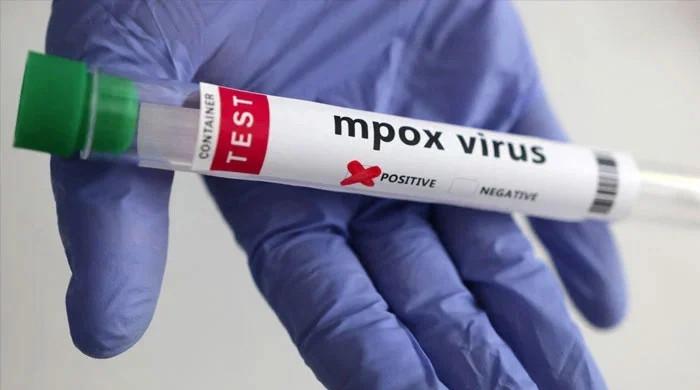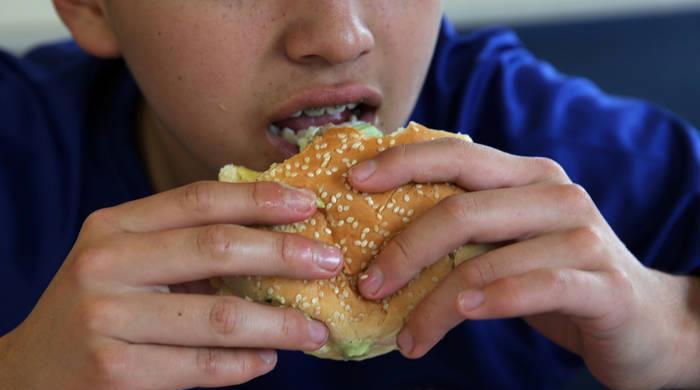Dementia Alert: Which soft-drinks can turn your brain into mush — What are alternatives?
Consuming a can of full-fat cola drink increased the risk by 21%
November 22, 2023
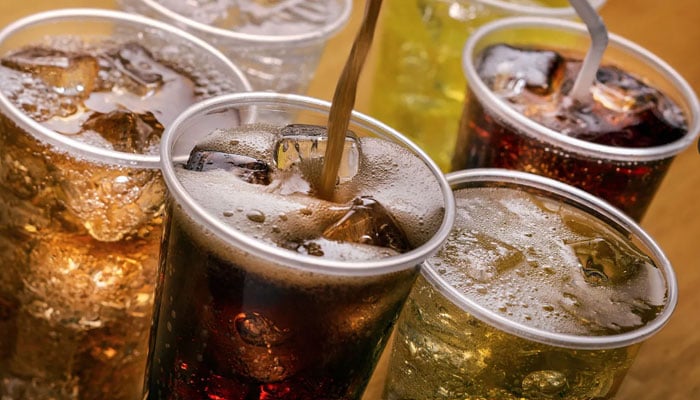
Research suggests that what you drink can impact brain health, with German scientists uncovering a concerning link between consuming drinks high in free sugars and an increased risk of dementia.
The study, published in Springer Nature, delved into the diets of 186,622 UK Biobank participants aged 37 to 73 over up to ten years. It found that drinks like fruit drinks, milk drinks, and full-fat fizzy drinks heightened dementia risk, while tea and coffee showed no such association.
The term "free sugar" refers to sugar added to food or drinks during their production process. Fruit juices, containing naturally occurring sugars, were also linked to a lesser extent.
The study highlighted that increased sugar intake might contribute to inflammation, associated with neurodegenerative conditions like Alzheimer's disease.
The research considered overall health factors, including BMI, socioeconomic status, and family health history. Drinking a small milk beverage daily, equivalent to a McDonald's vanilla milkshake, was associated with a 39% increased dementia risk over ten years.
Consuming a can of full-fat Coke increased the risk by 21%. In contrast, foods with free or naturally occurring sugars showed no significant association.
Notably, separate studies emphasise the adverse impact of liquid sugar compared to solid food, as the brain may not register liquid sugar calories as effectively.
With over 944,000 Brits currently living with dementia and numbers predicted to surpass one million by the decade's end, this study raises awareness about the potential role of everyday drinks in the complex landscape of dementia risk.




